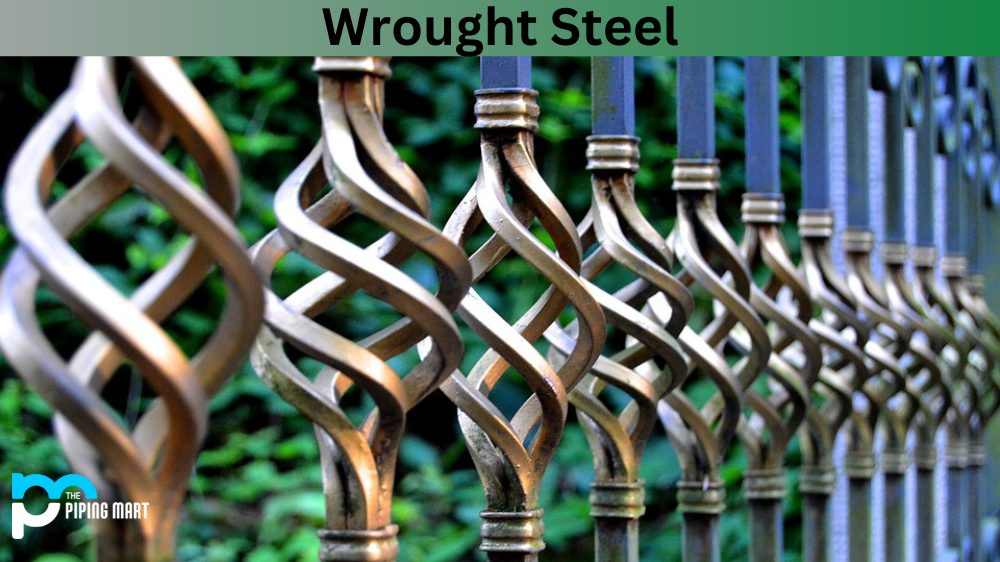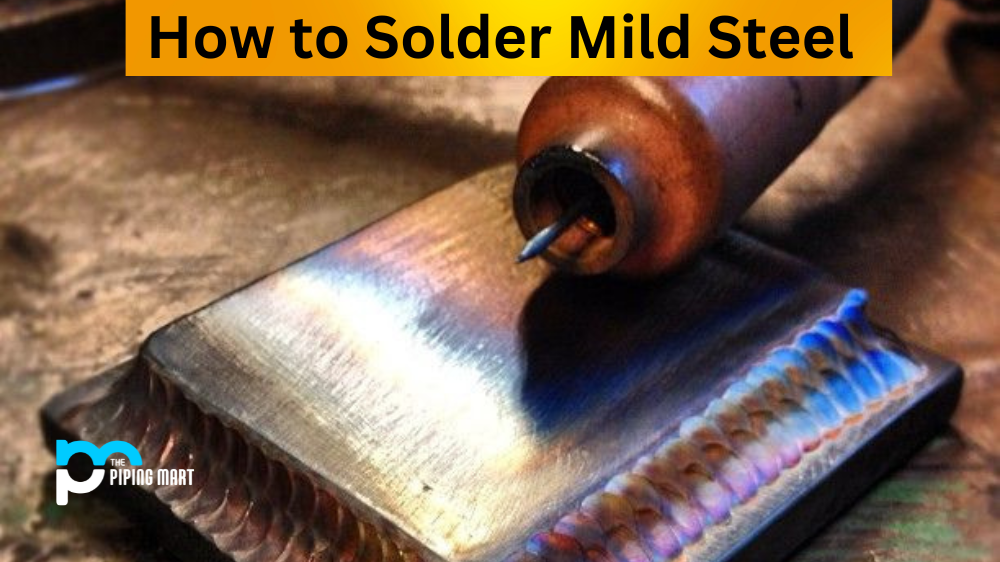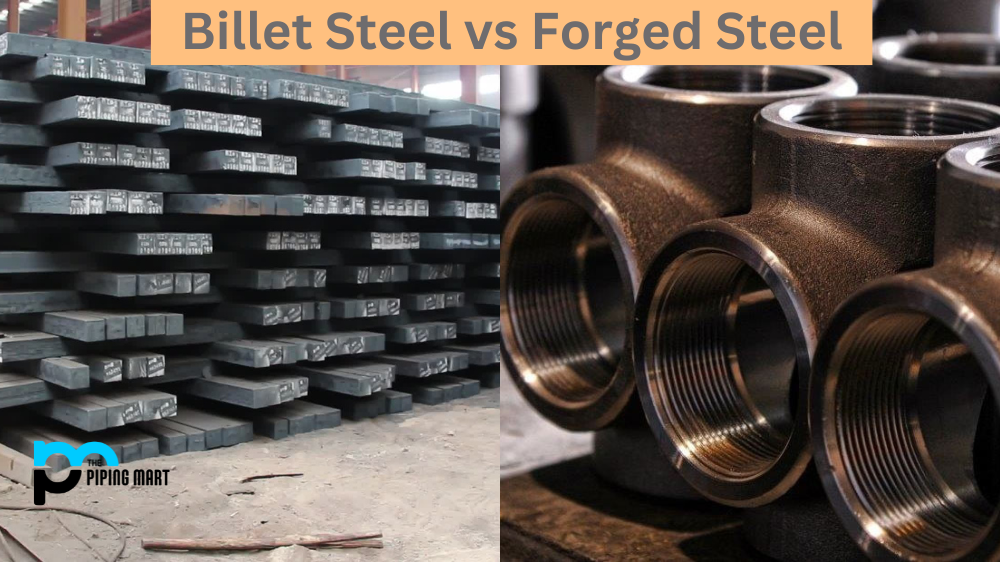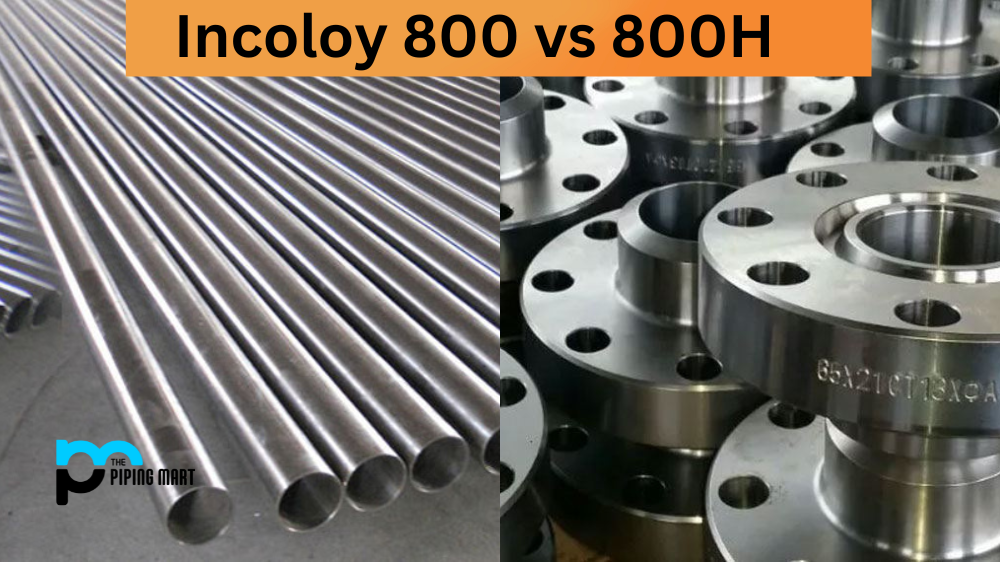Wrought steel is an alloy composed of iron, carbon, and other elements. It’s created by heating and hammering it into shape. It has a very high tensile strength (a measure of how much a material can be stretched before it breaks) and is resistant to wear, making it well-suited for applications requiring strong and durable parts. Let’s take a closer look at what makes wrought steel so special.
What is Wrought Steel?
Wrought steel is an incredibly versatile item that has been around for centuries. Once thought lost in the mists of time, it’s now seen as the perfect material for a variety of construction projects, from small items like screws and fasteners, to larger structures like fences and bridges. It’s characterized by its strength and durability as well as its plasticity, allowing it to be shaped while still maintaining its shape after its heated and cooled during manufacturing processes. This makes wrought steel an ideal choice for parts requiring consistent strength or when forming complex shapes. Additionally, due to its low carbon content compared to other types of steel, wrought steel is easier to weld and relatively inexpensive when compared to other metals.
Wrought Steel Physical Properties
Wrought steel is malleable, meaning it can easily be bent or worked into different shapes without breaking. This makes it ideal for creating intricate parts used in the automotive industry, such as engine components or transmission housings. It also has good ductility, meaning that it can stretch without breaking under tension. This quality makes wrought steel great for applications where parts must sustain high levels of pressure or stress, such as heavy machinery components.
Wrought Steel Mechanical Properties
In addition to its impressive physical properties, wrought steel also has excellent mechanical properties. Its tensile strength (the amount of force required to break the material) is considerably higher than other common metals like aluminum or copper. It’s also very resistant to wear and tear, allowing it to withstand long-term use in demanding applications such as bridges or construction equipment. Finally, due to its superior corrosion resistance compared to other metals, wrought steel is often used in outdoor settings where exposure to harsh weather conditions could damage other materials over time. Additionally, because wrought steel contains only trace amounts of carbon (less than 0.25%), it doesn’t rust easily—making it a popular choice for outdoor applications where corrosion resistance is important.
Wrought Steel Composition
The composition of wrought steel varies depending on the application and desired properties; however, most varieties contain iron as the primary component with other elements like manganese and chromium added for additional strength and toughness. The amount of carbon present will vary depending on the grade; some grades have no carbon at all while others may contain up to 1%. Other additives like nickel or molybdenum may also be included in certain grades for even greater strength and durability.
Wrought Steel Uses
Due to its unique combination of physical and mechanical properties, wrought steel is perfect for applications requiring parts that are both strong and durable—such as bridges or heavy machinery components—as well as those needing intricate designs—like automotive engine components or transmission housings—or those exposed to harsh conditions—like outdoor settings or marine structures exposed to saltwater environments. In short, any application that needs something strong yet malleable enough to form complex designs will benefit from this versatile metal alloy!
Conclusion:
When considering which metal alloy best meets your needs for strength and durability combined with flexibility for shaping intricate designs, look no further than wrought steel! With its impressive physical properties and superior mechanical characteristics, this versatile metal alloy can meet your every need when looking for both strong yet malleable materials to create complex shapes! Whether you’re building bridges or constructing heavy-duty machinery components that require resistance against wear and tear over time—wrought steel will help you get the job done right!
Meet Heer, a dynamic and driven writer learning tricks of her trade in the metal industry. With a background in Digital Marketing, Heer brings a unique perspective to her writing, sharing valuable insights. Apart from blogging she like reading and hiking.




